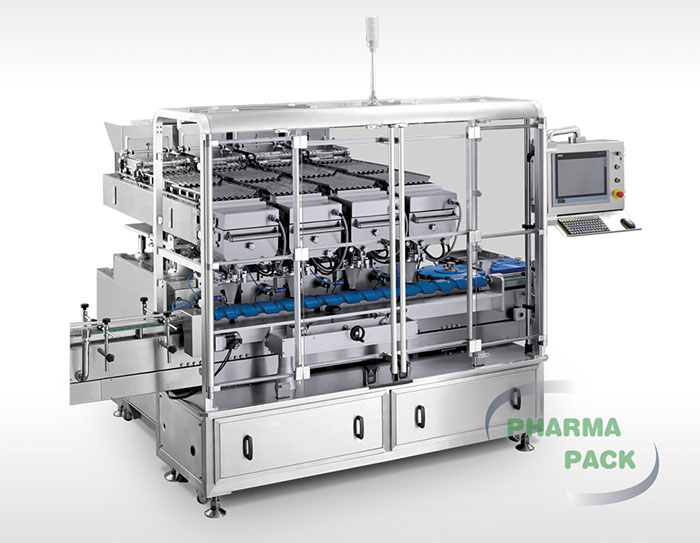

When managing a busy pharmaceutical production line, understanding the maintenance requirements of your equipment is essential. At Pharmapack, we have observed that regular maintenance not only extends the lifespan of machines but also ensures consistent production efficiency. Our advanced tablet counter machine is designed to simplify the counting and bottling process, but determining its maintenance cycle is critical to sustain peak performance. As experienced pharma packaging suppliers, we provide insights that help manufacturers optimize their equipment schedules.

Key Factors Influencing Maintenance Frequency
The first step in determining the maintenance cycle of a tablet counter machine is to assess the operational workload and environmental conditions. Machines that operate continuously at high speeds, such as our LFM-32 automatic counter, require more frequent inspections compared to equipment used intermittently. Additionally, production lines handling a variety of tablet sizes or different bottle types may experience varied wear on components. At Pharmapack, we advise clients to monitor vibration, noise levels, and product handling efficiency, as these indicators provide early warning signs that preventive maintenance is needed.
Recommended Maintenance Practices
To maintain the efficiency of a tablet counter machine, our technicians suggest a combination of daily, weekly, and monthly checks. Daily routines include cleaning the counting channels and inspecting the vibration plates for wear. Weekly inspections should focus on servo motors, pneumatic connections, and software calibration. Monthly evaluations often involve checking the alignment of modular components and the functionality of the automatic rejection system. As reliable pharma packaging suppliers, we emphasize the importance of documenting all maintenance activities. This approach not only supports operational consistency but also helps identify recurring issues and plan future upgrades efficiently.
Integrating Preventive Maintenance with Production
Another key aspect of determining the maintenance cycle is balancing production demands with preventive care. Our Pharmapack LFM-32 model is designed with a modular layout and servo-controlled systems that reduce downtime and maintenance complexity. This flexibility allows production managers to schedule preventive maintenance during low-volume periods without disrupting the overall workflow. Implementing a structured maintenance plan also reduces spare part consumption and extends the lifespan of critical components. By collaborating with pharma packaging suppliers like us, companies can create a tailored maintenance schedule that aligns with their production cycles and regulatory compliance requirements.
Conclusion
Establishing an effective maintenance cycle for your tablet counter machine is an essential part of any pharmaceutical production strategy. At Pharmapack, we combine advanced engineering, modular designs, and comprehensive service support to help our clients maintain high-efficiency operations. Partnering with experienced pharma packaging suppliers ensures that maintenance schedules are practical, predictable, and aligned with your production goals. By following these guidelines, manufacturers can achieve consistent output quality, minimize unexpected downtime, and make the most of their investment in pharmaceutical packaging technology.